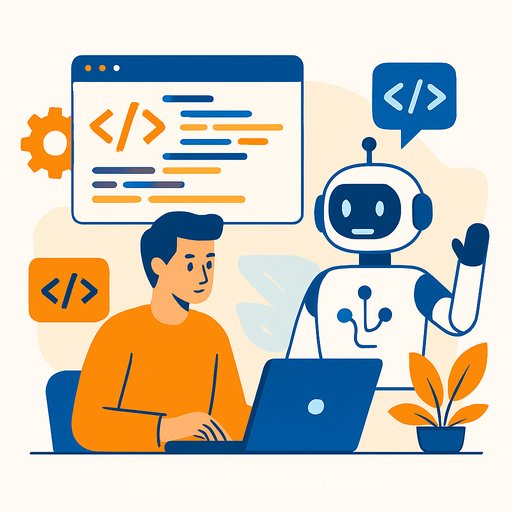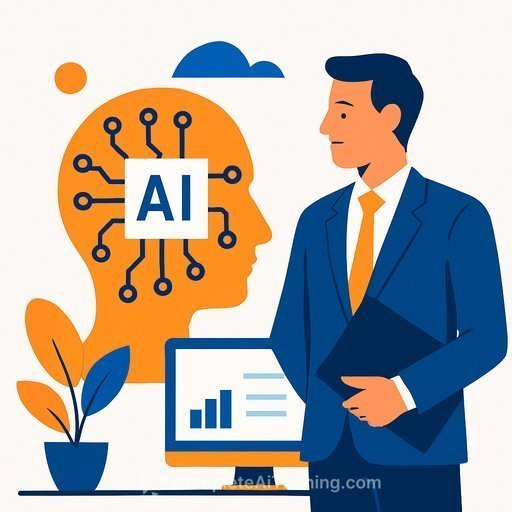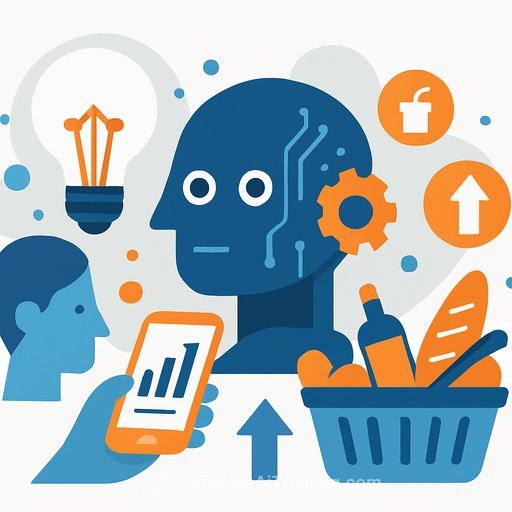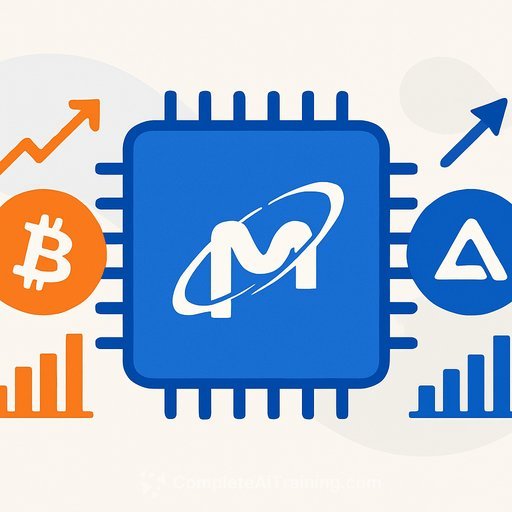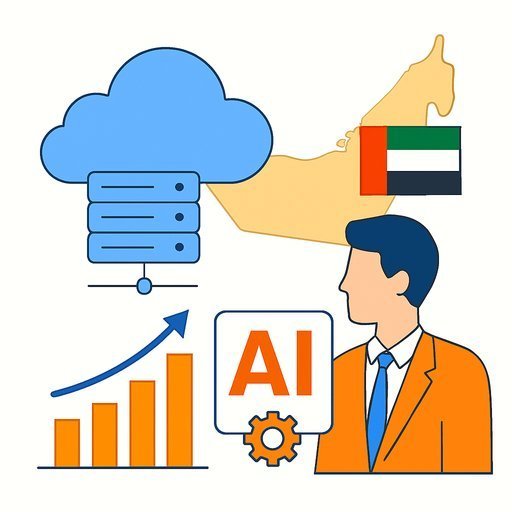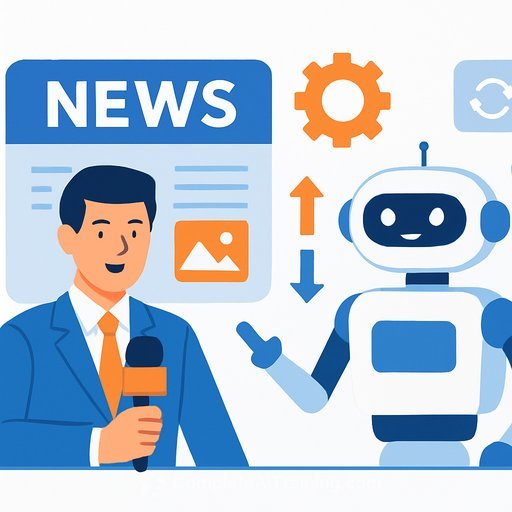Emergence of GPT-5: Advancing Coding in Software Engineering
GPT-5 demonstrates impressive coding capabilities, especially when combined with refined prompting methods. This marks a clear step forward in artificial intelligence for software development. A key highlight came from an August 30, 2025 tweet by Greg Brockman, praising GPT-5’s ability to deliver superior coding results through effective prompt design. This builds on the foundation laid by GPT-4, which launched in March 2023 and proved effective in code generation and debugging tasks.
AI-driven coding tools are reshaping software development workflows. According to a 2023 McKinsey report, generative AI could automate more than 45% of software engineering tasks by 2030, potentially adding trillions to the global economy. Major players like OpenAI, Google with its Gemini models, and Microsoft with Copilot are competing to lead AI-assisted programming. This surge in AI comes as the demand for software developers continues to grow, with the U.S. Bureau of Labor Statistics forecasting a 25% increase in software development jobs by 2032.
Yet, reliance on AI-generated code raises ethical and security concerns. Without thorough human review, vulnerabilities could slip in. Best practices advocate maintaining oversight, particularly for critical applications. Regulatory frameworks are adapting; the EU AI Act, effective from March 2024, classifies high-risk AI systems and requires transparency for tools like GPT-5.
Market Potential and Business Implications
From a business perspective, GPT-5 offers significant opportunities to speed up product development and reduce costs. Statista projects the global AI software market to reach $126 billion by 2025, with coding and automation tools driving a large share of that growth. Subscription models, like GitHub Copilot’s—which generated over $100 million in revenue by 2023—highlight viable monetization strategies.
AI coding tools boost productivity. A Stack Overflow study in 2023 found developer efficiency increased by 20% after adopting AI assistance. Businesses can explore pay-per-use models or API integrations to leverage GPT-5 in custom solutions. Still, data privacy remains a critical challenge, with GDPR compliance requiring careful handling of training data.
OpenAI currently leads with its extensive API ecosystem, but competitors such as Anthropic, known for its Claude model, are focusing on safety to attract cautious enterprises. Small businesses stand to benefit from GPT-5’s rapid prototyping capabilities, potentially cutting development costs by 40%, according to a 2024 Forrester report. Transparent AI usage policies are essential to reduce biases in generated code and promote fairness.
Overall, GPT-5’s impact signals a shift in how businesses approach software development. Deloitte forecasts AI could contribute up to $15.7 trillion to the global economy by 2030, driven by advances like GPT-5.
Technical Insights and Implementation Strategies
GPT-5’s coding performance relies on advanced prompting techniques, such as chain-of-thought prompting, which enhances AI's logical reasoning. Tailoring prompts for specific languages like Python or Java improves results. OpenAI recommends iterative prompt refinement for best outcomes. While complex multi-step coding remains challenging, error rates can drop below 10% with appropriate strategies, as seen in GPT-4 benchmarks.
Combining AI with human oversight reduces risks during deployment. Integration with development environments like Visual Studio Code is already underway, with official Microsoft extensions released in 2023. IDC forecasts suggest that by 2027, AI coding agents could become fully autonomous.
GPT-4 scored 76% accuracy on HumanEval coding tests in 2023; GPT-5 is expected to surpass this based on internal progress. Compliance with standards such as updated NIST guidelines requires maintaining audit trails for AI-generated code. Ethical use also depends on diverse training data to prevent bias, highlighted in a 2023 MIT study.
In conclusion, GPT-5 presents a significant development in AI coding, demanding careful implementation and oversight to maximize benefits while managing risks.
Frequently Asked Questions
What are the key benefits of using GPT-5 for coding?GPT-5 accelerates code generation, reduces debugging time, and supports creative problem-solving. Studies report productivity improvements of up to 30%.
How can businesses deploy GPT-5 effectively?Start by training teams on effective prompting techniques and integrating GPT-5 through APIs. Ensure compliance with data security regulations throughout implementation.
Your membership also unlocks:

